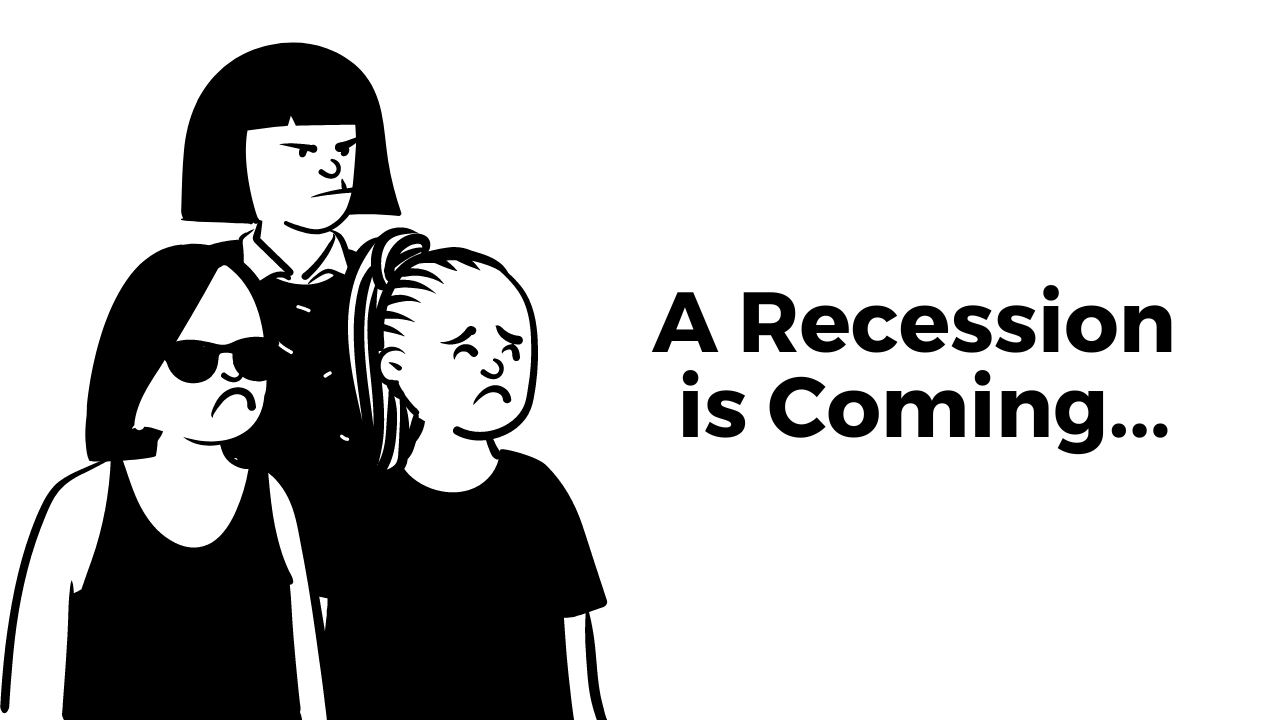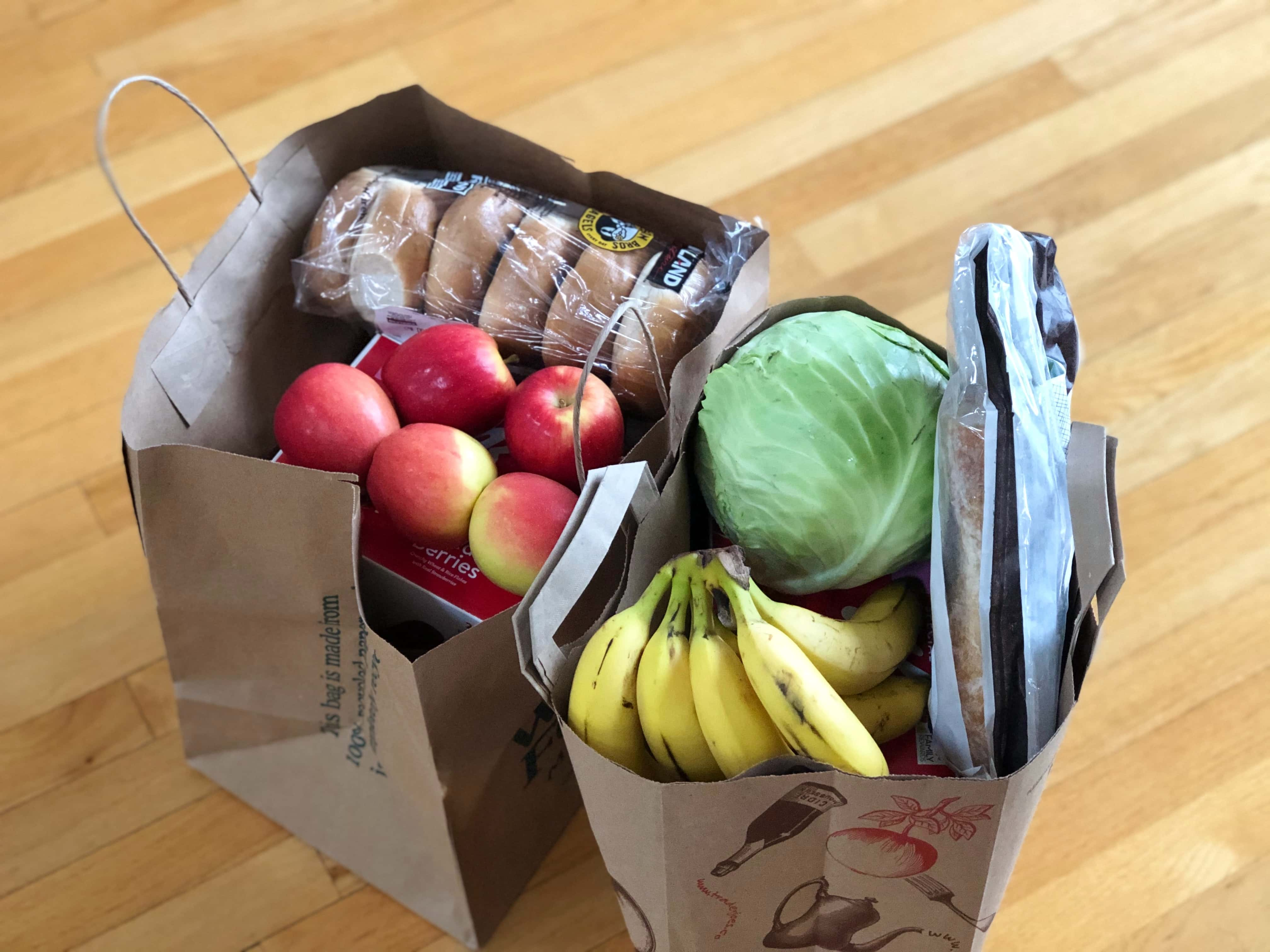Recession Proof Industries to Start a Business In
Nov 03, 2022
Starting a business during a recession seems like a recipe for disaster. After all, businesses are already struggling to survive. How can they possibly thrive now?
If you’ve been thinking about starting your own company but have been put off because of the economy, it might be time to take the plunge. In fact, some entrepreneurs have found success despite the tough times. If you want to start a successful business, you should consider these three things:
1) Find an idea that people want
2) Select a niche where demand is high enough to sustain your company
3) There aren't too many barriers to enter the market
The first step towards running a profitable business is finding something that people want. It could be anything from a product or service that helps people lead healthier lives to a brand of clothing that makes men look more attractive.
Once you know what you’re going to sell, it’s time to narrow down your focus. You need to find a niche where there is high demand. A niche is a specific market with plenty of room for growth. For example, if you’re selling a type of shoe, you might decide on “athletic shoes” as your niche.
Once you’ve decided on a niche, you need to determine how much money you can make from this niche. There are many factors to take into account when calculating profit margins. These include production costs, marketing expenses, and the price of raw materials.
Finally, understanding the costs you're willing to invest to get the business up and running as well as the overall barriers you'll need to address is a vital step. The most common barrier is lack of capital. Many small businesses don't have access to bank loans so they must use their personal savings to fund their ventures. However, even those who do have access to capital may not be able to secure a loan due to tight credit markets. Do some homework and put together all of the costs needed to launch the business, and forecast out realistic revenue projections to understand the amount of time needed before you're able to breakeven.
Okay onto the list of industries.
1. Consumer Staples
Consumer staples are items that consumers buy regularly and expect to continue purchasing over long periods of time. Examples include food, clothing, household goods, health care, and personal care products. Products typically sold in grocery stores, discount stores and other These types of products tend to be recession resistant because they are necessities and therefore less likely to disappear during economic downturns.
While consumer staples aren't immune to recessions, they usually fare much better than other industries. During the Great Recession, for example, consumer staples companies saw sales growth rates of 3% or greater while retail industry sales declined by 7%. The same pattern emerged during the COVID-19 Pandemic, with consumer staples companies seeing sales increases of 4% or higher while retail industry sales declined between 2% and 5%.
Companies that sell other types of products, however, might struggle during economic downturns. Retailers that sell electronics, furniture, sporting equipment, etc., are much more susceptible to fluctuations in consumer spending. When people cut back on their shopping habits, they usually stop purchasing these types of products.
When considering the consumer goods industry, it's important for you the entrepreneur to ask yourself 'do people need this?' or 'do people want this?' There's a difference. Consumers' perceptions of needs are must-have items, things they will purchase with a high degree of confidence. Wants? Not so much. Wants are not prioritized and are cut off the shopping list first. If you're starting a venture, it's important to show people how not only are you a staple to their day to day routine, but how you're better than the products they are currently using.

2. Vices // Addictive Pleasures
It's not uncommon to find the small pleasures during economic slowdowns. People often turn to vices like gambling, alcohol, drugs, sex, and eating when times are tough. While these activities can provide temporary relief from stress, they also create problems down the road. Gambling, for instance, has been linked to heart disease, obesity, depression, and addiction. Drinking habits and overall alcohol consumption has been associated with liver damage, cancer, stroke, and diabetes. Sexually transmitted diseases such as HIV/AIDS, gonorrhea, syphilis, and chlamydia are rampant among drug users. And, of course, overeating leads to weight gain, which can cause serious health issues including type II diabetes, hypertension, and cardiovascular disease.
The key here is to make sure your product doesn't fall into this category completely. You should be selling something that provides real value to its customers. Something that makes them feel good about themselves and helps them live happier lives. It's easy to get caught up in the excitement of creating a new business, but if you don't have a solid plan, you could end up falling victim to one of the most common pitfalls facing entrepreneurs.
However, branding your baking company during an economic recession to be the little spot of sunshine that only costs you $5/week? That's not too bad either. People's vices don't have to immediately turn to gambling, alcohol, drugs or sex - they can be products that they simply become really interested in. Going from buying your tin of Folger's at Walmart, to becoming a certified coffee snob buying specialized beans, meanwhile cutting their spending on other items such as retail or other food items they don't necessary care about. What can be affordable and safe vices? Think creatively here.
3. Financial Services // Accounting
Financial services industry typically fair well during recessions, they are an essential service. People who lose jobs or cut back on spending tend to look for ways to save money. As a result, financial services companies benefit greatly from the downturn.
This is especially true for online banking. With the rise of smartphones and tablets, consumers now expect to be able to bank anywhere, anytime. Online banking allows customers to conduct transactions while sitting on the couch or standing in line at the grocery store.
Online banking also gives financial institutions the opportunity to reach customers where they spend their time. When people are feeling financially stressed, they turn to their phones and computers to seek answers. Financial institutions can capitalize on this behavior by offering convenient options for checking balances, paying bills, transferring funds, and other functions.
With online banking, financial institutions can offer additional benefits to customers. These could include savings accounts, credit cards, loans, and insurance products. All of these features can help businesses grow during tough economic times.
During recessionary periods, financial services companies see increased customer activity. This means more revenue for the company. In addition, it creates opportunities for growth. Businesses can expand their offerings to include more types of products and services. They can also increase marketing efforts to attract new clients. This coupled with the increasing trend of consumers being more open to explore challenger banks, or fintech companies versus going to the big banks leads to an opportune time for you to explore.
4. Utilities
Utilities businesses are generally speaking recession proof because they provide services that consumers always need. Whether it's water, electricity, gas, cable TV, internet service, or anything else, utilities companies are here to stay. The utilities sector may not be the most sexy or exciting sector, but it's reliable and an overall stable industry.
So, if you own a utility business, you can rest assured that you'll always have customers. And since you'll never run out of potential customers, you'll never run out either. How can you stand out from the competition? Customer service is key. It's key to getting new customers (scheduling, invoicing, and servicing newly onboarded customers) to keeping old customers by showing your appreciation for their patronage, incentives to keep coming back etc. If you're taking on a small job, think about the revenue opportunity per customer over time once you've gained their trust. It's all about customer retention. Offer discounts, coupons, and other incentives to retain existing customers. Also, offer special promotions to attract new customers.
The repair industry is also always needed, and there are always people willing to pay for them. If you're thinking about starting a repair business, consider this: Repairing things is a great way to save money. And when you sell services at a profit, you can reinvest those profits back into your business. So instead of paying rent, you can use your profits to invest in equipment, advertising, training, etc., and grow your business.
And since there are always repairs needing to be done, you can build a profitable business even during tough economic times.
If you're thinking about starting a repair shop, here are three tips to help you survive the recession:
1) Make repairs affordable. Many consumers cut back on purchases during the recession, and they may not be willing to spend extra money on repairs. So, find ways to keep prices down. For example, offer free estimates, give discounts, or sell parts at wholesale prices.
2) Find ways to expand your services. Consumers may be reluctant to spend money on repairs, but they may be willing to pay for preventative maintenance. Offer these services as well.
3) Keep your doors open. Even though fewer people are buying cars, trucks, and SUVs, they still need repairs. So, keep your doors open and continue offering services to existing clients.

6. Technology
Okay, okay so you may see this heading and think 'but I've read so many headlines of layoffs taking place in the tech sector.' And that's undeniably true. But what isn't talked about enough is how technology has helped us through the recession.
Early-stage technology businesses can operate in areas that are growing, or newly emerging. Technology companies create products that solve problems or fill needs that weren't previously met. As long as technology continues to advance, there will be a market for whatever solutions tech companies offer. When the overall economic situation is difficult, technology can offer solutions that are more convenient, saving people time, money and effort to meet their needs.
With the financial crisis in the 2008 recession, Airbnb was able to seize the opportunity of helping people make money on the side by offering up a room for other people to stay in. The company started with only two employees and a few rooms in San Francisco. Today, it has grown to become one of the largest accommodations platforms in the world.
None of us have a crystal ball, but starting a technology company during the difficult times in a period of time in history isn't less likely to fail compared to starting one during 'stable times' either. It's about finding a critical problem and addressing the need in an effective way to attract and retain customers. Do your research, create a game plan, and go for it.
Why Do Some Industries Do Better in Recessions Than Others?
The business cycle is the cyclical pattern of ups and downs in the economy. During boom times, companies grow rapidly, hiring employees and expanding operations. Then when the economy slows down, these same companies lay off workers and cut back on expansion plans. This causes layoffs and slowdowns across industries, causing a ripple effect throughout the entire economy.
When the economy is booming, employers hire more people than they need. So when the economy starts slowing down, companies begin laying off workers. This causes unemployment rates to rise.
During recessions, some industries fare better than others. Retailers and restaurant owners often report lower sales during this period. However, manufacturing and transportation sectors tend to be hit harder because they're not able to produce goods quickly enough to meet consumer demand.
When unemployment rates are skyrocketing, and many businesses are struggling to survive it's hard to see any opportunities. I don't want to sit here and ask you to put the remaining $5k from your personal savings into a new business if you're not willing to put in the effort, the planning, and the perseverance to make things happen.
The economy is cyclical. Sometimes we're in a recession, sometimes we're not. But no matter where we are in the cycle, there are some industries that are recession-proof. These industries tend to be those that are highly profitable and require little capital investment.
If you're thinking of starting a side hustle, consider focusing on one of these industries. They may seem boring at first, but over time, they can become very lucrative.
Stay connected with news and updates!
Join our mailing list to receive the latest news and updates from our team.
Don't worry, your information will not be shared.
We hate SPAM. We will never sell your information, for any reason.

